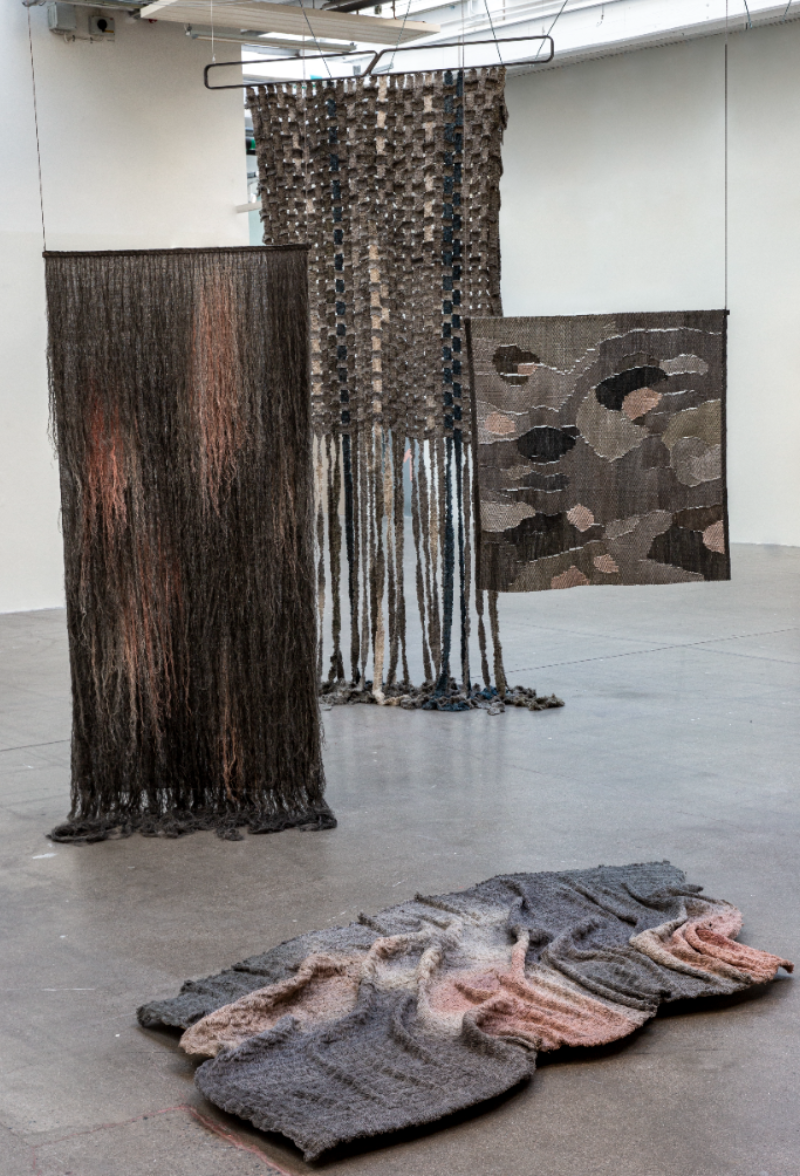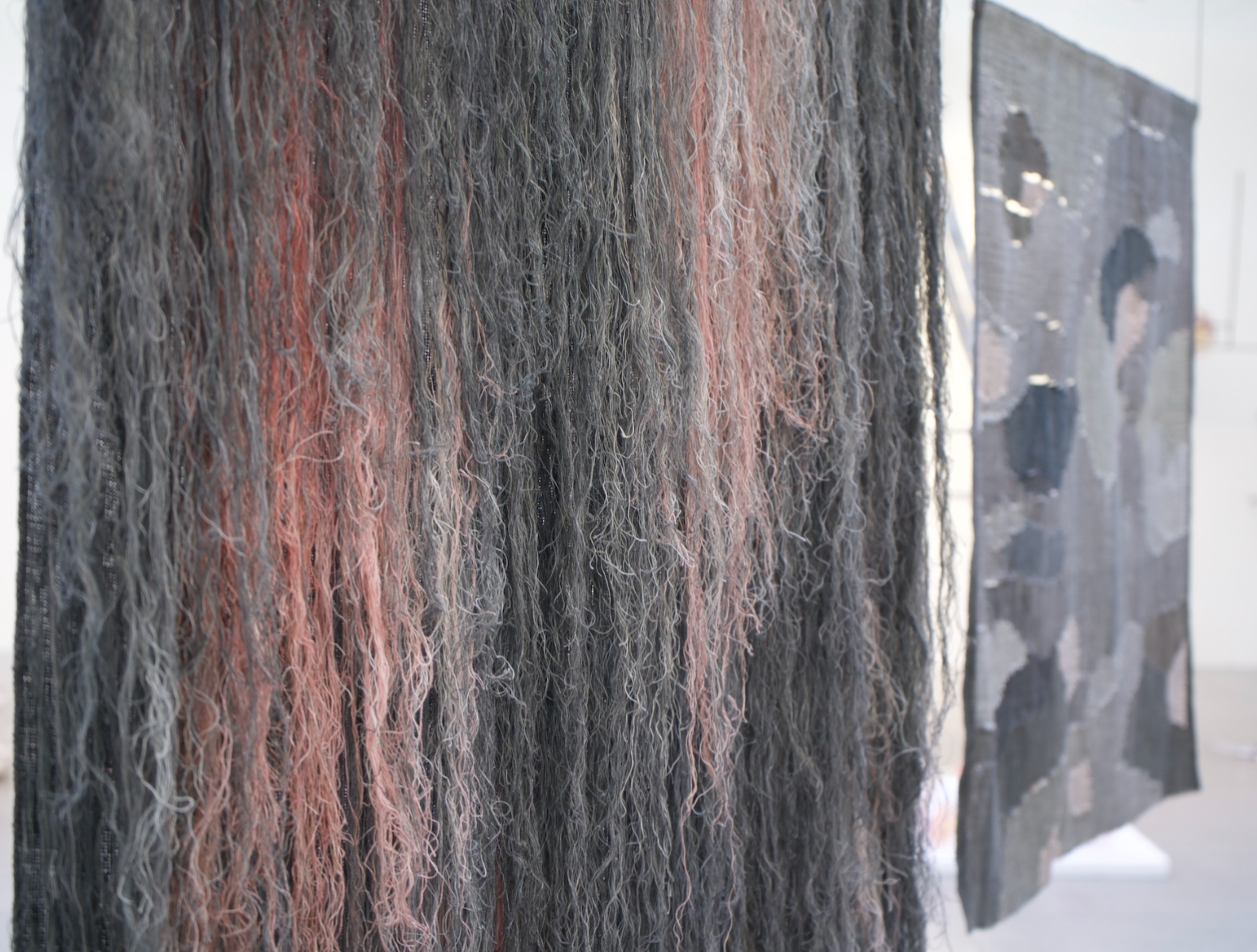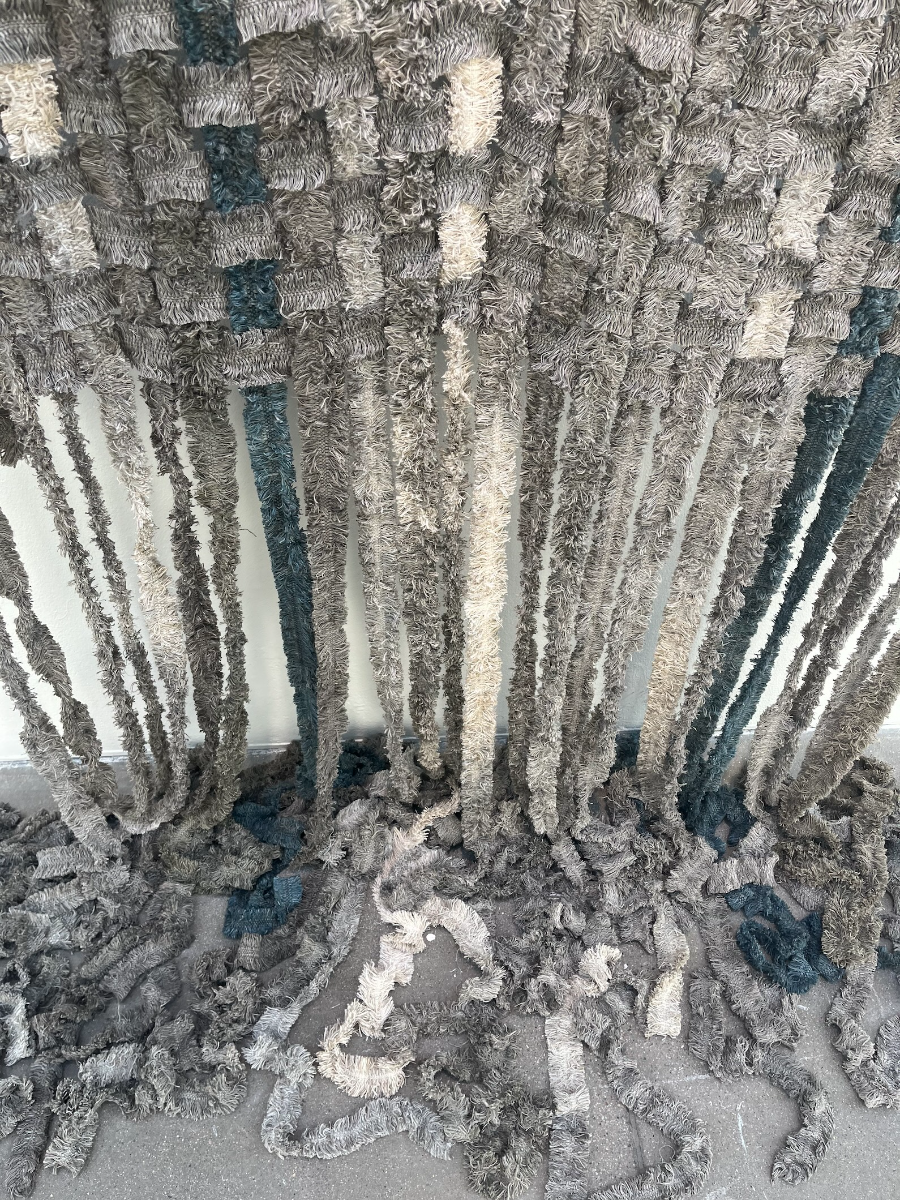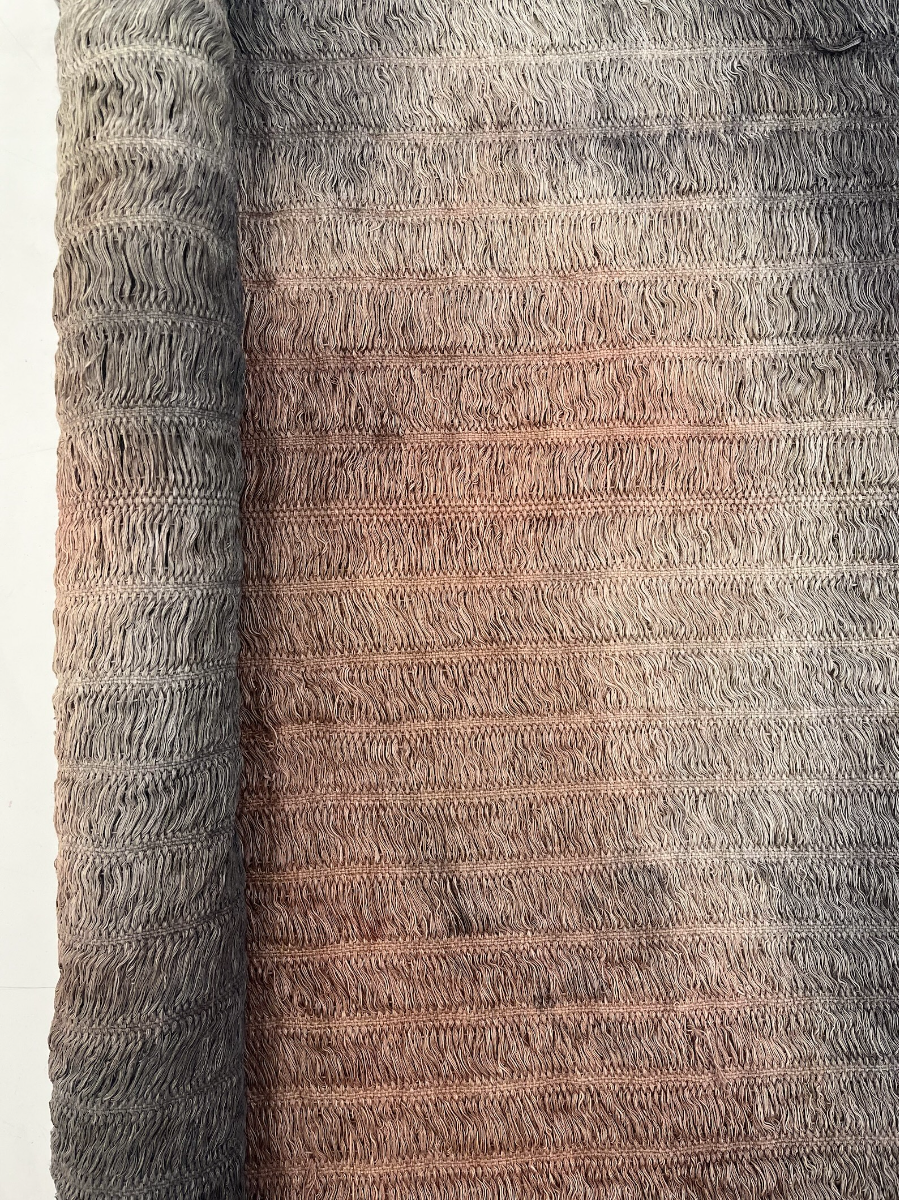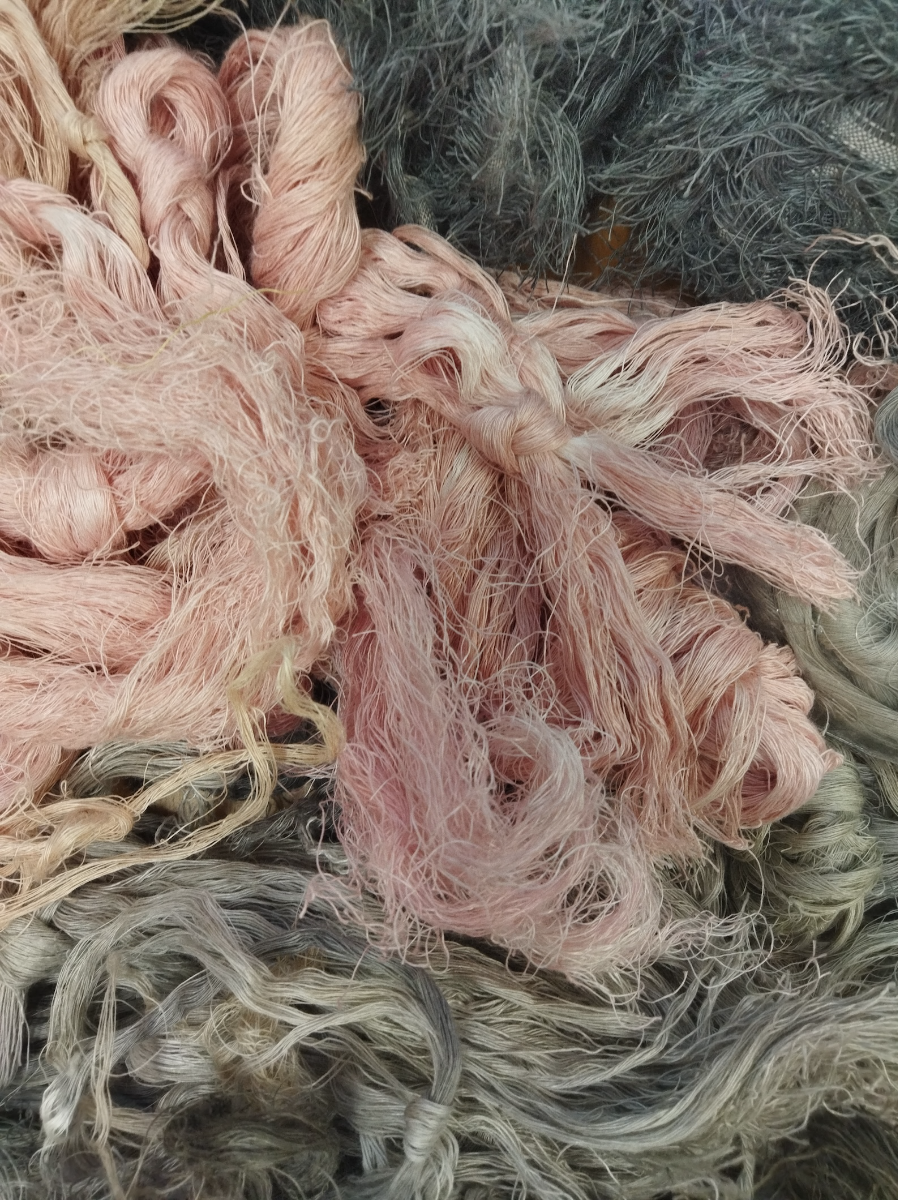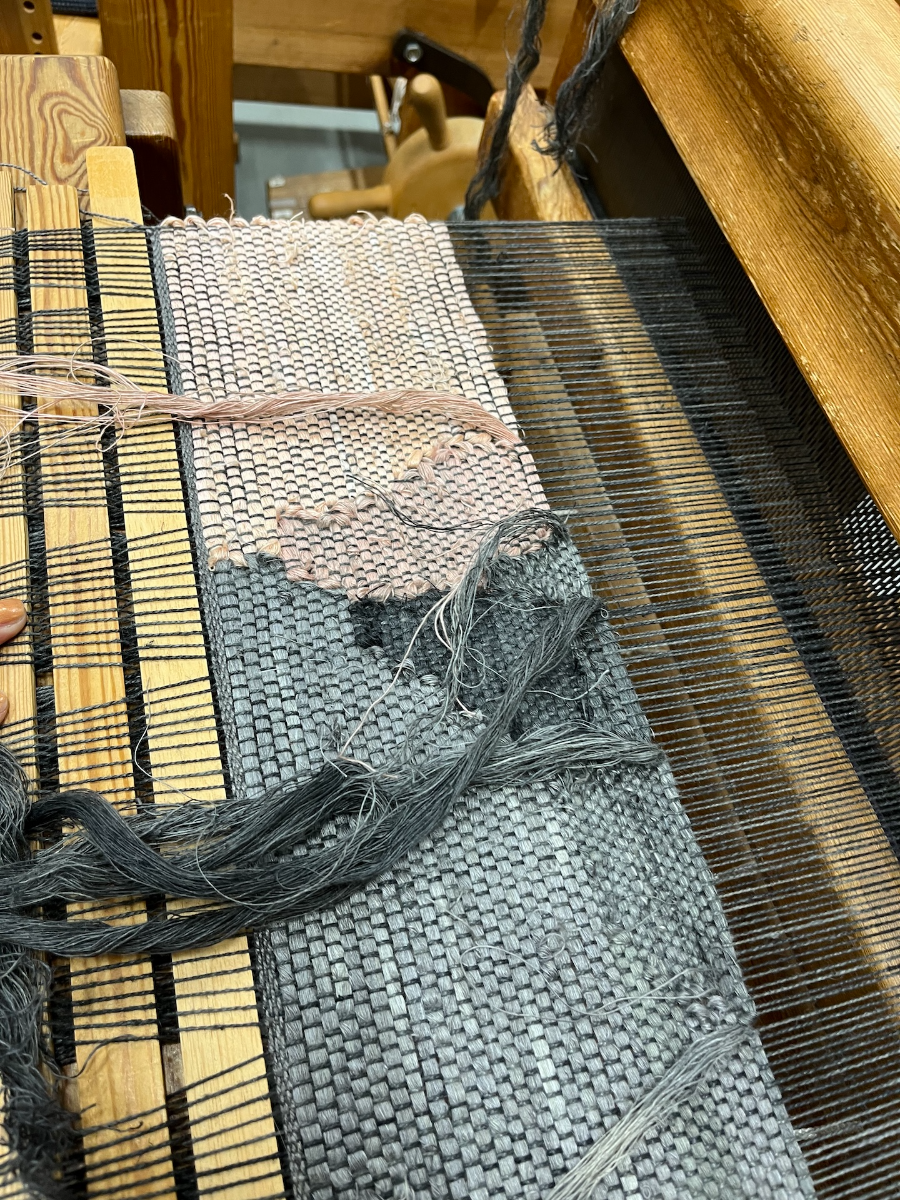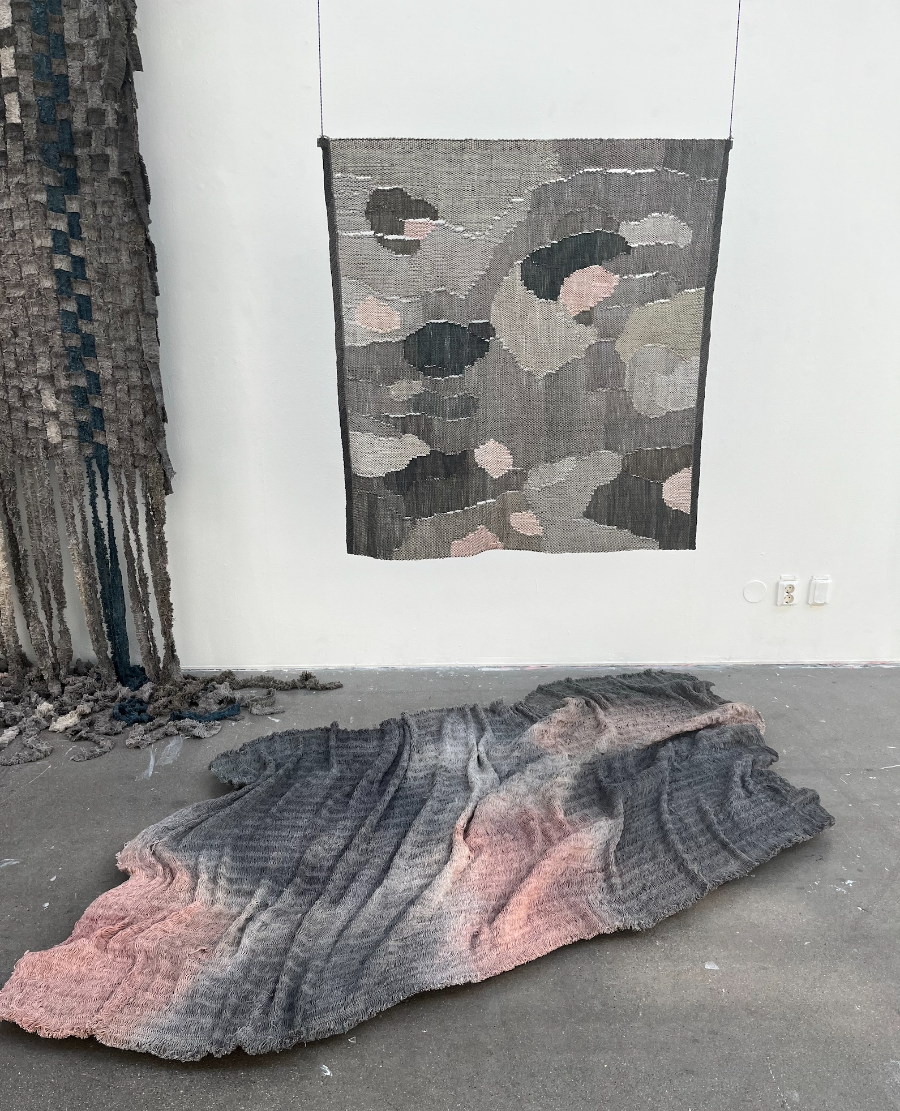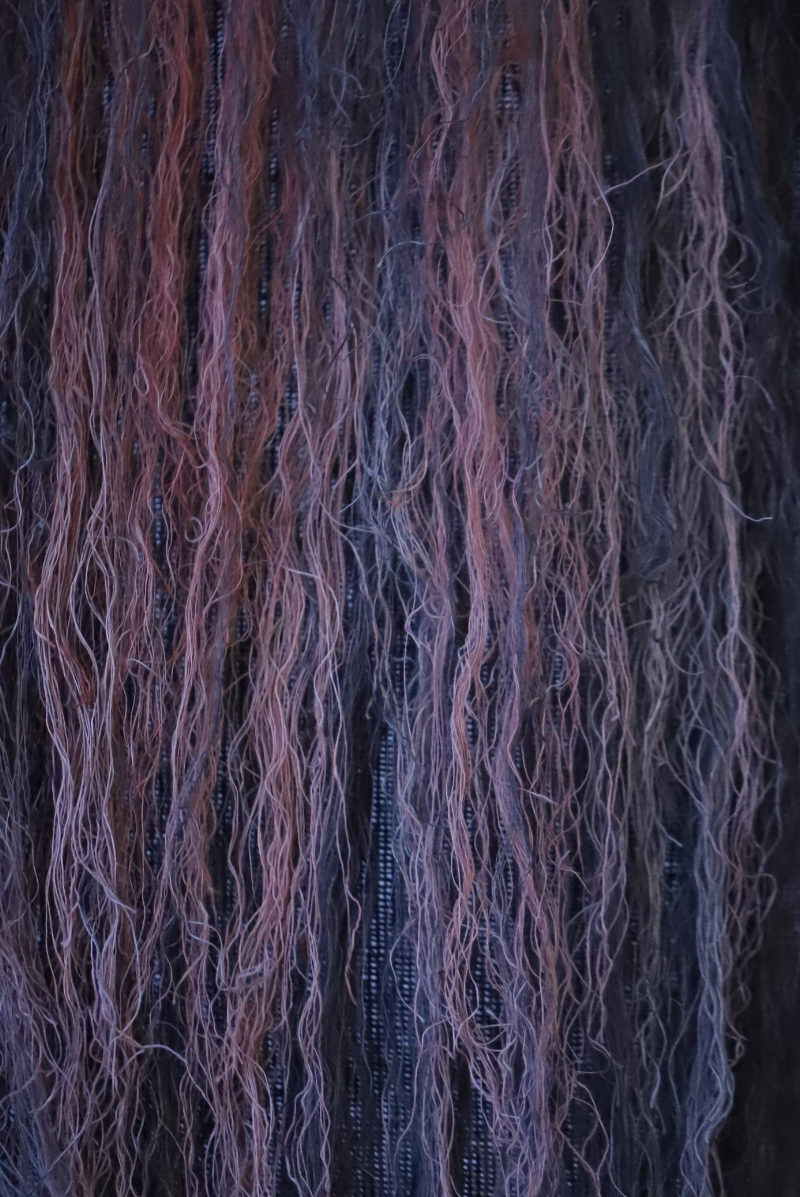Henrietta Elfström Berg
CRAFT MA
Konstfack - University Of Arts Crafts and Design
Graduates: 2024
Specialisms: Textiles - Weave / Sustainable Design / Contemporary Craft
My location: Stockholm, Sweden
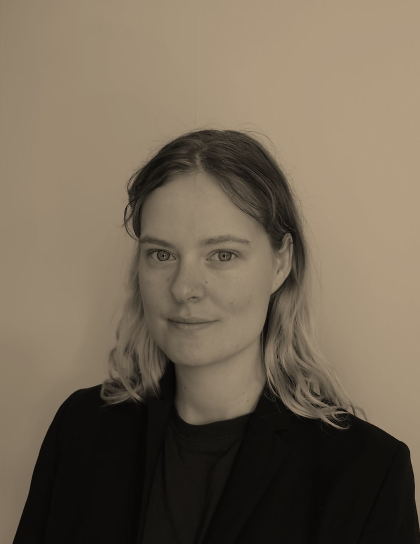

Henrietta Elfström Berg

First Name: Henrietta
Last Name: Elfström Berg
University / College: Konstfack - University Of Arts Crafts and Design
Course / Program: CRAFT MA
Graduates: 2024
Specialisms: Textiles - Weave / Sustainable Design / Contemporary Craft
My Location: Stockholm, Sweden
Website: Click To See Website
About
Zombie textiles: weaving with undead waste
I use the zombie as a metaphor for the weaves, since I bring back to life what has been considered dead by the logic of industrial production. The zombie returns to haunt us, a monster that reminds us of labour and resources wasted. By giving the waste many lives in different forms, I can explore the undead nature of waste and give back agency, respect and value to the material through her hands. The masters project presented uses industrial waste, natural dyeing, and hand weaving to discuss the dark emotions, such as grief, anger and sadness regarding rapid industrial overproduction of textiles and climate change. The linen scraps are extremely labor-intensive to work with and days have been spent untangling and sorting the thin threads. It’s not a solution for the enormous mountains of waste created by the textile industry but rather a material exploration of its qualities and possibilities. The weaves explore different ways of using the material and its tactility. The scrap yarn received is white, and a large part of the artistic practice has involved dyeing it darker and darker. The gray is achieved from a combination of indigo, acorns, pomegranate rinds, and iron. Presented as an installation, the four weaves sets a mood. They become characters with an almost skin like texture, carrying both beauty and fright.
Competitions

